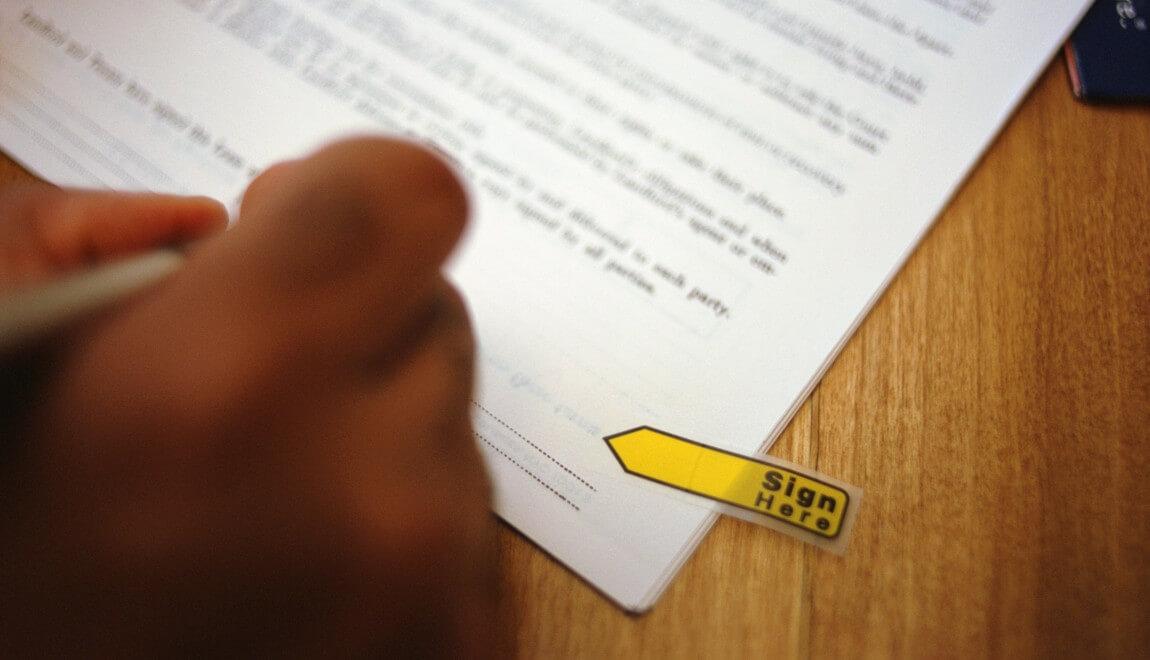You found a great apartment, but they want you to have a cosigner. There are several reasons a property owner might request that you have a cosigner.
When You Might Need a Cosigner

Your Income Isn’t High Enough
The standard rule of thumb is that your rent shouldn’t be more than 30 percent of your income. With rent prices trending higher and higher, this threshold can be difficult to reach. If the property owner thinks your income might not be sufficient to cover the rent, they might want you to have a cosigner. The cosigner will step in and cover the rent if you’re unable to pay.
Your Credit Score Is Low
When you apply for an apartment, the property owner will conduct a credit check. This is to help them determine the amount of risk involved in renting to you. If you’re someone who has maxed out credit cards or you tend to pay your bills late, this could be a red flag. The property owner might request a cosigner to alleviate the risk involved with renting to someone with bad credit.
First-time renters might not have enough of a credit history for the property owner to review. Since they have no way of knowing what type of renter you’ll be, they might request that you have a cosigner.
Your Work History Isn’t Long Enough
If you’re a recent college graduate who just started your first job, or you are in the middle of a relocation and are starting a new job in a new city or state, your employment history might not be long enough for the property owner to know that you’ll maintain your job for the length of the lease, which could prompt them to require a cosigner.
You’re Self-Employed
While being self-employed doesn’t necessarily mean you’ll need a cosigner, it is more difficult to prove income when you don’t have pay stubs from a place of employment. In this case, you’ll want to bring copies of your past several tax returns. You can also supply invoices from steady customers or your bank statements.

Who can cosign?
Different property owners have different policies, but a cosigner is usually anyone with a good credit history who is willing to assume responsibility for your debt if you don’t make your rent payments or if you damage the property. This is often a parent or relative who has an established credit history, but a friend with good credit is also a possibility.
There are some commercial services that cosign for you, but beware. These services often require an up-front application fee and an additional monthly fee for as long as they are on your lease.

Do I have other options?
Whether or not you have an alternative to a co-signer will depend on the apartment manager’s policies and your specific situation. For example, in some cases managers will accept a larger up-front deposit or pre-payment of a few months’ rent as an alternative to a cosigner.
If you've applied for an apartment and been asked for a cosigner, stop and think the situation through. Consider whether you might be better off looking for a less expensive apartment, whether you may be able to negotiate for an alternative and who might be willing to cosign for you. As you make your decision, remember that your cosigner is going out on a limb for you. If you don’t make your payments or you break your lease, you could hurt both their wallet and their credit.




